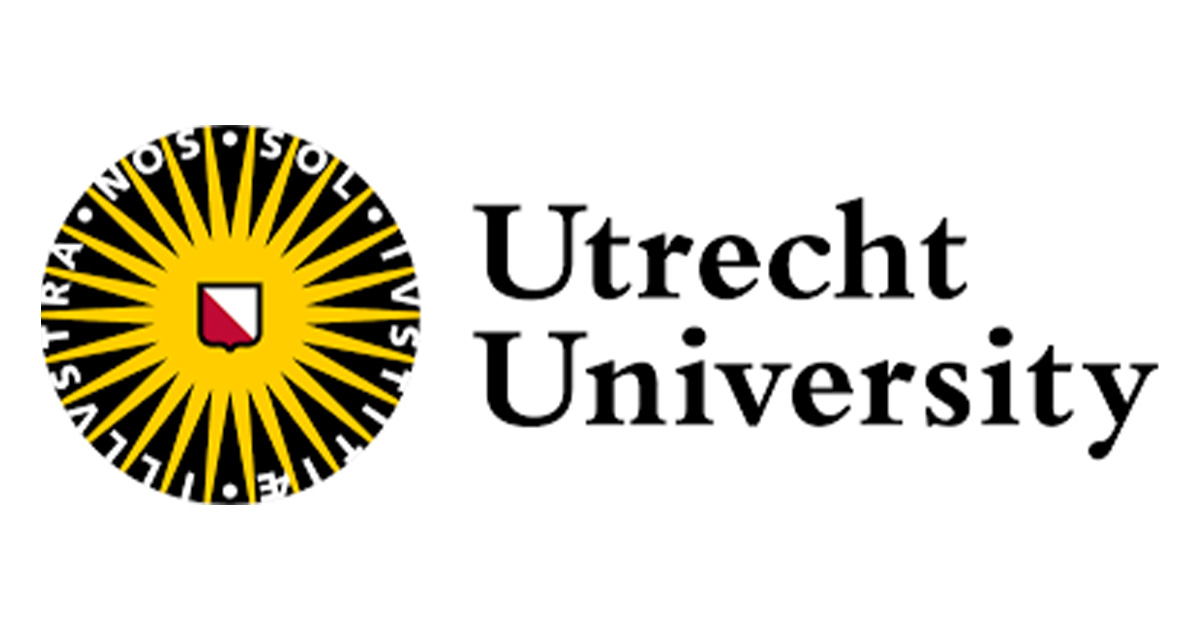The Department of Earth Sciences is looking for an enthusiastic and motivated PhD candidate with a palaeoceanographic and/or geochemical background to work on past carbon cycling in the ocean.
Proxies based on the geochemical composition of marine microfossils developed over the past 15 years have been shown to deliver accurate reconstructions of past marine carbon cycling. Such reconstructions almost exclusively rely on the simultaneous analyses of numerous specimens from sediments to achieve the necessary analytical precision and accuracy. Although suitable for quantifying mean carbon cycle variability at the time scale of millennia and longer (depending on sediment accumulation rates and mixing) this approach cannot yield information on shorter-term variability. Individual microfossils in sediment samples, however, contain important information on seasonal and (multi-)decadal time scales and allow for unmixing of transient climate change. Such information is crucial to constrain past changes and rates of change and helps to avoid potential biases in mean values due to, e.g., seasonality. Linking true change with forcing is crucially important to understand the magnitude of the expected climate change due to anthropogenic CO2 emissions.
Past marine carbon cycle variability can currently rarely be reconstructed at time scales shorter than centuries or millennia. Consequently, although seasonal, annual, and decadal processes govern current change, they are unconstrained. This project aims to unlock short-term carbon cycle information stored in sedimentary populations of both organic and inorganic individual marine microfossils. We will:
- document and comprehend the geochemical distribution of recent foraminifer (Element/Ca, ?11B) and dinoflagellate cyst (?13C) populations using laser-based single specimen analyses, and
- apply the new population approach to warm oceans in the geological past to elucidate past high-frequency marine carbon cycling.
The successful candidate will be employed at the Department of Earth Sciences at UU (Utrecht University), and this is also where all dinoflagellate work will be done. Analyses on foraminifera will be carried out at both UU and at the Royal Netherlands Institute for Sea Research (NIOZ) on the island of Texel. The candidate will analyze samples from today's ocean to calibrate proxy relationships and apply those to crucial time intervals in the past. Material is available but the project will likely also involve seagoing expeditions and fieldwork to collect samples, when opportunities arise.
A personalized training program will be set up, reflecting your training needs and career objectives. About 20% of your time will be dedicated to this training component, which includes training on the job in assisting in the BSc and MSc programs of the Earth Sciences department at Utrecht University. We also expect the willingness to dedicate part of the work time to public engagement related to the project, such as public talks or writing for non-specialist audience. Training and support in public engagement is available at Utrecht University.
Qualifications:
Applicants should hold a MSc degree conferred in Earth Sciences, Marine Sciences or a related field, at the start of the project. In addition, we are looking for someone who brings the following:
- a passion for independent research, a positive attitude and well-articulated enthusiasm for the topic;
- good written and verbal English language skills (C1 level);
- hands-on experience with geochemical analyses.
Terms of employment:
You will be offered a full-time PhD position, initially for one year with extension to four years in total upon a successful assessment in the first year, and with the specific intent that it results in a doctorate within this period. The gross monthly salary starts with €2,770 in the first year and increases to €3,539 in the fourth year of employment with a full-time appointment. Salaries are supplemented with a holiday bonus of 8% and an end-of-year bonus of 8.3% per year. A pension scheme, partially paid parental leave, and flexible employment conditions are based on the Collective Labour Agreement of Dutch Universities.
In addition to the collective employment conditions, Utrecht University has a number of its own arrangements. These include agreements on professional development, leave arrangements, sports and cultural schemes, and you get discounts on software and other IT products. We also give you the opportunity to expand your terms of employment through the Employment Conditions Selection Model. This is how we encourage you to grow. For more information, please visit working at Utrecht University.
Deadline: January 22, 2024





